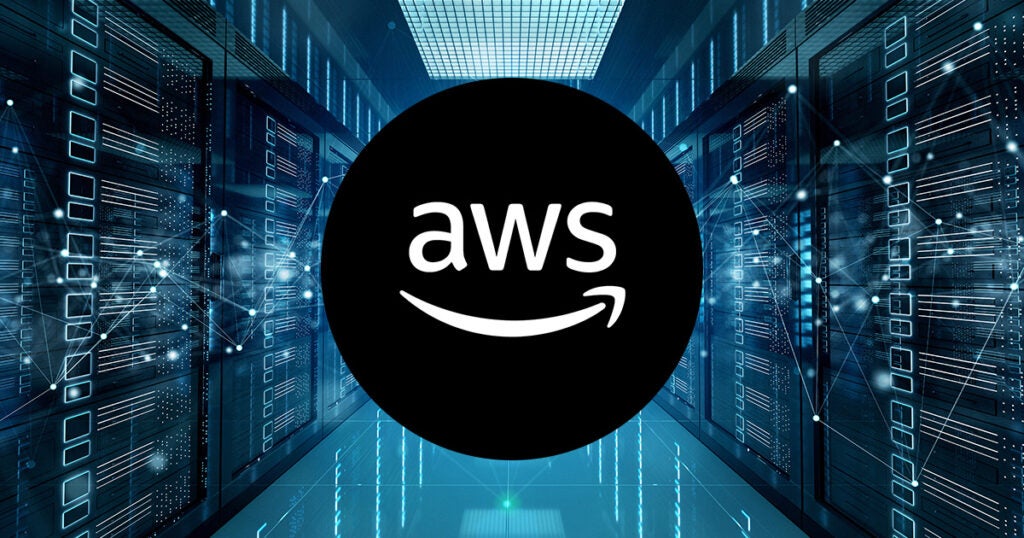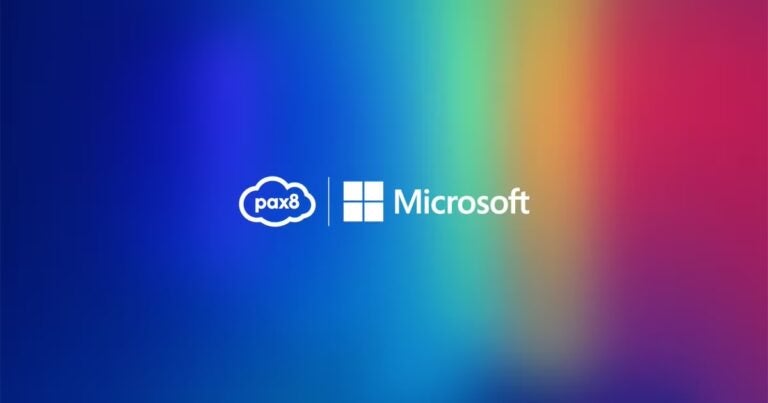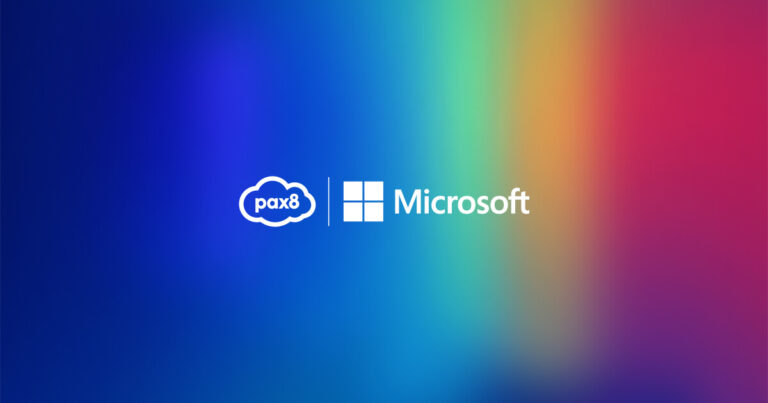Migrating to Amazon Web Services (AWS) from on-premise, legacy solutions empowers small- and medium-sized businesses (SMBs) with scalable infrastructure, enhanced security, and streamlined operations, unlocking greater efficiency and agility. For managed service providers (MSPs), assisting in this migration presents an opportunity to offer value-added services, grow your business, and establish long-term partnerships with your clients.
In this blog, we’ll walk through why it’s the perfect time for SMBs to move to the cloud and how to get them there with AWS.
Why it’s a good time to migrate now
One of the primary reasons to migrate is that support for Windows Server 2012 and Windows Server 2012 R2 is ending October 10, 2023. After this date, these products will no longer receive security updates, non-security updates, bug fixes, technical support, or online technical content updates.
This will put SMBs still using these legacy servers in an unenviable position. They will struggle to migrate their legacy applications due to tight dependencies on older, unsupported operating systems (OS), limited in-house expertise, and/or missing access to installation media or source code. Moreover, getting extended support for these applications does not resolve the inevitable end of support problem, it just delays the inevitable, so encouraging your clients to migrate early is key.
The benefits of migrating to AWS
According to the International Data Corporation (IDC) and a Gartner June 2022 press release, AWS accounted for nearly 58% of total Windows instances deployed and continues to retain the No. 1 position in the public cloud IaaS market year over year. By moving Windows workloads to AWS, customers can realize a 98% reduction in unplanned downtime, 71% faster deployment, and 26% higher developer productivity, per IDC.
When you run your packaged applications on supported versions of Windows Server, you receive the latest patches and operating system–wide security improvements that are not available for the older versions.
How to ensure a successful transition to an AWS cloud solution
Migrating from an on-premises legacy Windows operating system to AWS requires a well-planned and executed strategy. Here are some specific steps that can be taken to help ensure a successful transition:
- Assess the current environment: Conduct a thorough assessment of the existing IT infrastructure, applications, and data to determine what needs to be migrated to AWS.
- Choose the right AWS services: Identify the AWS services that will meet the business needs and goals, such as EC2 for computing power and S3 for storage.
- Create a migration plan: Develop a comprehensive migration plan that includes timelines, resource allocation, and communication protocols.
- Configure the AWS environment: Configuration includes setting up security, networking, and access control.
- Migrate applications and data: Move data and applications to the AWS environment using a phased approach, which will help minimize disruption to business operations.
- Test and validate: Ensure migrated applications and data are functioning as expected.
- Optimize and manage: Optimize the AWS environment to ensure it is delivering the expected benefits and continue managing it to ensure ongoing performance and security.
Migrating to AWS helps you serve your clients better
Although migration to AWS can be challenging, upon completion, you can help your clients avoid the need for expensive hardware or software upgrades. By leveraging the scalability and flexibility of cloud-based solutions, you can improve your clients’ operations and better serve them as their trusted technology partners.
It’s important to work with experienced AWS partners or consultants to ensure a smooth and successful migration. Contact us today to learn more about how Pax8 can help you get started. And join an upcoming AWS Bootcamp to learn more about how to leverage AWS for your clients.





